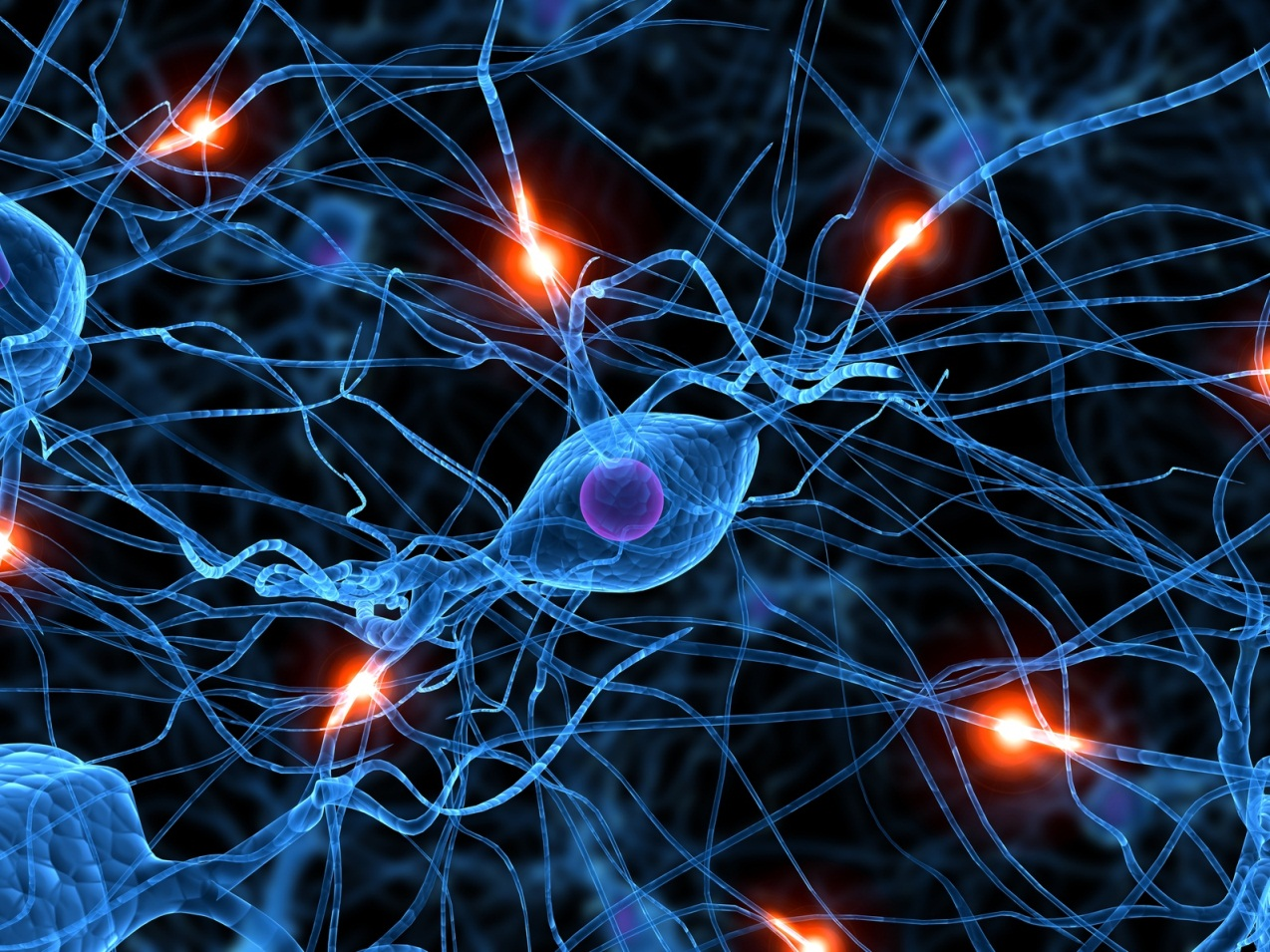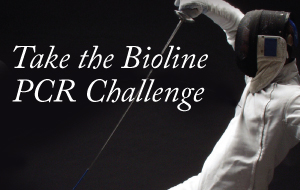Team:Leeds/Essays
From 2013.igem.org
m |
|||
| Line 11: | Line 11: | ||
__TOC__ | __TOC__ | ||
==What is Synthetic Biology== | ==What is Synthetic Biology== | ||
| + | '''By Emily Taylor''' | ||
[[File:Leeds_Cogs.png|right|link=http://synbio.mit.edu/nav_images/blobby_gears.jpg|Cogs made of bacterial colonies|300px|frameless]]Synthetic Biology is a new and developing field in biology that combines the areas of biology, technology and engineering. In 2005 the European Commission convened a high-level expert group to define and examine the development of the new field. The report begins by defining Synthetic Biology as "''the engineering of biology: the synthesis of complex, biologically-based (or inspired) systems which display functions that do not exist in nature. This engineering perspective may be applied at all levels of the hierarchy of biological structures – from individual molecules to whole cells, tissues and organisms. In essence, Synthetic Biology will enable the design of 'biological systems' in a rational and systematic way''".<sup>[[#References|[1]]]</sup> The biological devices that can be utilised in Synthetic Biology include enzymes, genetic circuits and even the redesign of existing biological systems. Synthetic Biology draws knowledge from Molecular, Cell and Systems Biology in order to create this new field of highly-scientific engineering. The main focus of the field is in design and construction of things that can be modelled, understood and tuned to meet specific performance criteria. "''With Synthetic Biology, conceptual tools and language of engineering become the actual method for approaching biology so that engineering now is more than an analogy, as it was for genetic engineering''".<sup>[[#References|[2]]]</sup> | [[File:Leeds_Cogs.png|right|link=http://synbio.mit.edu/nav_images/blobby_gears.jpg|Cogs made of bacterial colonies|300px|frameless]]Synthetic Biology is a new and developing field in biology that combines the areas of biology, technology and engineering. In 2005 the European Commission convened a high-level expert group to define and examine the development of the new field. The report begins by defining Synthetic Biology as "''the engineering of biology: the synthesis of complex, biologically-based (or inspired) systems which display functions that do not exist in nature. This engineering perspective may be applied at all levels of the hierarchy of biological structures – from individual molecules to whole cells, tissues and organisms. In essence, Synthetic Biology will enable the design of 'biological systems' in a rational and systematic way''".<sup>[[#References|[1]]]</sup> The biological devices that can be utilised in Synthetic Biology include enzymes, genetic circuits and even the redesign of existing biological systems. Synthetic Biology draws knowledge from Molecular, Cell and Systems Biology in order to create this new field of highly-scientific engineering. The main focus of the field is in design and construction of things that can be modelled, understood and tuned to meet specific performance criteria. "''With Synthetic Biology, conceptual tools and language of engineering become the actual method for approaching biology so that engineering now is more than an analogy, as it was for genetic engineering''".<sup>[[#References|[2]]]</sup> | ||
<br> | <br> | ||
| Line 34: | Line 35: | ||
<br style="clear:both" /> | <br style="clear:both" /> | ||
==Ethics in Synthetic Biology== | ==Ethics in Synthetic Biology== | ||
| + | '''By Jeni Shoesmith''' | ||
[[File:Leeds_controversy.png|300px|link=http://holisticwellnesscoach.ca/blog/wp-content/uploads/2013/01/GMO-protestors.jpg|For many people, GMOs are highly controversial|right|frameless]]Synthetic biology is a growing technology with many new and exciting applications. However along with any new technology comes new ethical issues that need to be addressed. Taking into account these concerns allows this new technology to progress in a safe and ethical manner. The public are highly concerned with what scientists get up to in their labs and if there is enough regulation and reasons, other than personal interest, behind their research. In this article we will discuss how synthetic biology can benefit society, the ethical issues that surround synthetic biology and how synthetic biology aims to address these issues and therefore conduct ethical research. | [[File:Leeds_controversy.png|300px|link=http://holisticwellnesscoach.ca/blog/wp-content/uploads/2013/01/GMO-protestors.jpg|For many people, GMOs are highly controversial|right|frameless]]Synthetic biology is a growing technology with many new and exciting applications. However along with any new technology comes new ethical issues that need to be addressed. Taking into account these concerns allows this new technology to progress in a safe and ethical manner. The public are highly concerned with what scientists get up to in their labs and if there is enough regulation and reasons, other than personal interest, behind their research. In this article we will discuss how synthetic biology can benefit society, the ethical issues that surround synthetic biology and how synthetic biology aims to address these issues and therefore conduct ethical research. | ||
<br> | <br> | ||
| Line 68: | Line 70: | ||
# ''[http://www.actionbioscience.org/biotechnology/schmidt.html#prime '''M. Scmidt (2011)''' Synthetic biology: Planning for a secure future]'' (Accessed 29/07/2013) | # ''[http://www.actionbioscience.org/biotechnology/schmidt.html#prime '''M. Scmidt (2011)''' Synthetic biology: Planning for a secure future]'' (Accessed 29/07/2013) | ||
# '''Guan Z, Schmidt M, Pei L, Wei W, Ma K. (2013)''' ''Biosafety considerations of synthetic biology in the international Genetically Engineered Machine (iGEM) competition''. Bioscience: Vol: 63 (1):25-34 | # '''Guan Z, Schmidt M, Pei L, Wei W, Ma K. (2013)''' ''Biosafety considerations of synthetic biology in the international Genetically Engineered Machine (iGEM) competition''. Bioscience: Vol: 63 (1):25-34 | ||
| - | |||
| - | |||
| - | |||
<br style="clear:both" /> | <br style="clear:both" /> | ||
==What can Synthetic Biology do for neuroscience?== | ==What can Synthetic Biology do for neuroscience?== | ||
| + | '''By Sabrina Knight''' | ||
[[File:Leeds_neuroscience.png|left|link=http://thesituationist.files.wordpress.com/2008/09/synapse.jpg|Synapse graphic|300px|frameless]]For most neurological and psychiatric disorders there are limited options for treatment with few or no cures<sup>[[#References 3|[4]]]</sup>. Considering that 1 in 6 people suffer from a neurological disorder<sup>[[#References 3|[4]]]</sup>, this may be the time to find alternative ways of researching and treating these disorders. Could the up and coming field of synthetic biology provide therapeutic contribution to the treatment of these diseases? Could it become a valuable tool for neuroscience research? | [[File:Leeds_neuroscience.png|left|link=http://thesituationist.files.wordpress.com/2008/09/synapse.jpg|Synapse graphic|300px|frameless]]For most neurological and psychiatric disorders there are limited options for treatment with few or no cures<sup>[[#References 3|[4]]]</sup>. Considering that 1 in 6 people suffer from a neurological disorder<sup>[[#References 3|[4]]]</sup>, this may be the time to find alternative ways of researching and treating these disorders. Could the up and coming field of synthetic biology provide therapeutic contribution to the treatment of these diseases? Could it become a valuable tool for neuroscience research? | ||
Synthetic biology, the ability to construct new biological parts or systems, has the potential to revolutionise neuroscience. The basis of synthetic biology is incorporating DNA into cells, such as neurons, for useful purposes. | Synthetic biology, the ability to construct new biological parts or systems, has the potential to revolutionise neuroscience. The basis of synthetic biology is incorporating DNA into cells, such as neurons, for useful purposes. | ||
Revision as of 09:46, 1 October 2013
The team have been writing a few essays on the effects and implications of Synthetic Biology - discussing the ethics, saftey concerns and economical or human impacts that SynBio can have. Please do have a read through below:
What is Synthetic BiologyBy Emily Taylor Synthetic Biology is a new and developing field in biology that combines the areas of biology, technology and engineering. In 2005 the European Commission convened a high-level expert group to define and examine the development of the new field. The report begins by defining Synthetic Biology as "the engineering of biology: the synthesis of complex, biologically-based (or inspired) systems which display functions that do not exist in nature. This engineering perspective may be applied at all levels of the hierarchy of biological structures – from individual molecules to whole cells, tissues and organisms. In essence, Synthetic Biology will enable the design of 'biological systems' in a rational and systematic way".[1] The biological devices that can be utilised in Synthetic Biology include enzymes, genetic circuits and even the redesign of existing biological systems. Synthetic Biology draws knowledge from Molecular, Cell and Systems Biology in order to create this new field of highly-scientific engineering. The main focus of the field is in design and construction of things that can be modelled, understood and tuned to meet specific performance criteria. "With Synthetic Biology, conceptual tools and language of engineering become the actual method for approaching biology so that engineering now is more than an analogy, as it was for genetic engineering".[2]
Synthetic Biology arose from four different intellectual agendas:
The popularity of Synthetic Biology has grown over the last few years as a result of DNA synthesis technology becoming more accessible and cheaper; it is now more affordable to synthesise DNA rather than to clone it. Advances in the field also rely on progress in other technologies increasing speed and lowering costs. This includes DNA sequencing, synthesis of genes and modelling how synthetic genes behave. DNA sequencing increased the understanding of components and organisation of natural biological systems, and the technology that synthesises genes provides the ability to test designs of new parts. Without these advances in technology and their lower costs, Synthetic Biology would not have made as much progression!
References
Ethics in Synthetic BiologyBy Jeni Shoesmith Synthetic biology is a growing technology with many new and exciting applications. However along with any new technology comes new ethical issues that need to be addressed. Taking into account these concerns allows this new technology to progress in a safe and ethical manner. The public are highly concerned with what scientists get up to in their labs and if there is enough regulation and reasons, other than personal interest, behind their research. In this article we will discuss how synthetic biology can benefit society, the ethical issues that surround synthetic biology and how synthetic biology aims to address these issues and therefore conduct ethical research.
References
What can Synthetic Biology do for neuroscience?By Sabrina Knight For most neurological and psychiatric disorders there are limited options for treatment with few or no cures[4]. Considering that 1 in 6 people suffer from a neurological disorder[4], this may be the time to find alternative ways of researching and treating these disorders. Could the up and coming field of synthetic biology provide therapeutic contribution to the treatment of these diseases? Could it become a valuable tool for neuroscience research?Synthetic biology, the ability to construct new biological parts or systems, has the potential to revolutionise neuroscience. The basis of synthetic biology is incorporating DNA into cells, such as neurons, for useful purposes.
One of the aims of synthetic neurobiology is to create novel synthetic neural pathways which can then be studied. Scientists are currently in the early stages of experimenting with this, and in the future it is possible that complex circuits can be created that can mimic disease states, allowing scientists to understand them in more detail. And who knows, perhaps in the future there may be scope for synthetic implants (computer implants have been used to restore vision, and can be used to control prosthetic limbs!).
References
| |||||||
 |
| ||||||

| |||||||

| |||||||
 "
"










